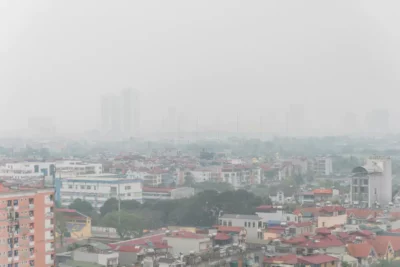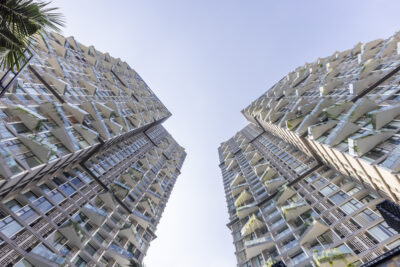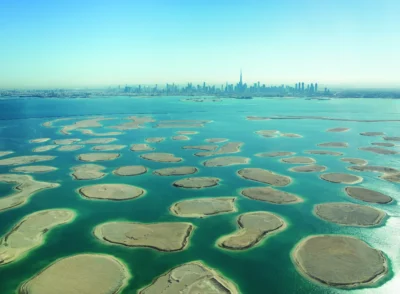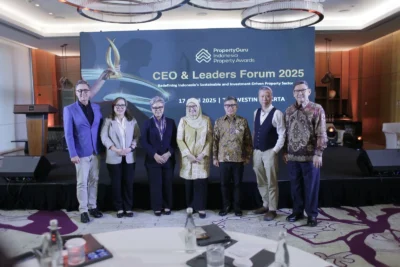Has Qatar built too much for the 2022 World Cup?

Qatar is likely to be inundated with residential and commercial projects in anticipation of the 2022 football tournaments despite dampened demand from overseas investors and locals, market observers tell Reuters.
“It’ll be interesting to see what happens when they (real estate prices) are really put under pressure in a year’s time, when a lot of new supply hits the market,” Johnny Archer, associate director of Doha-based real estate firm DTZ, told Reuters.
The shunned Arab country is poised to experience an increase in residential space by about 50 percent and office space by 40 percent in the next three years ahead of the World Cup, a DTZ report indicated.
But even as Qatar looks forward to the future, the country is still reeling from punitive trade and economic measures meted out by Saudi Arabia, the United Arab Emirates, Bahrain and Egypt on charges that Doha supports Islamic fundamentalists.
Home prices have been down around 10 percent from the beginning of the blockade. “Qatar’s property sector has been one of the main casualties from the blockade that was imposed in mid-2017,” Jason Tuvey, an economist at Capital Economics, told Reuters.
Qatar’s tainted international standing has put off foreign investors, a shortfall the government has attempted to offset with the loosening of investment laws last month, allowing foreigners full ownership of companies.
Property analysts are worried the government has no long-term plans for the infrastructure developments gazetted for the World Cup beyond 2022.
“There’s too much uncertainty as to where that demand specifically is going to come from,” Richard Rayner, who surveys property for DTZ, told Reuters.
Recommended
Hanoi’s air pollution crisis: Balancing urban growth with environmental sustainability
Hanoi’s worsening annual toxic smog is highlighting the pressures of balancing sustainability with rapid economic growth
U.S. tariffs pose challenges to china’s housing market amid economic slowdown
Escalating US tariffs are expected to strain China’s slowing economic growth and dampen buyer confidence, creating trouble for the country’s housing market
Dewan Architects’ Mohammed Adib leads with human-centred design and technological innovation in the Middle East and beyond
Mohammed Adib channels his childhood curiosity and dislike for design uniformity into his work at Dewan Architects + Engineers
UAE real estate shifts focus to sustainability and quality, revitalising iconic projects
The UAE has risen from its challenges to emerge as a more sustainable, quality-focused destination






